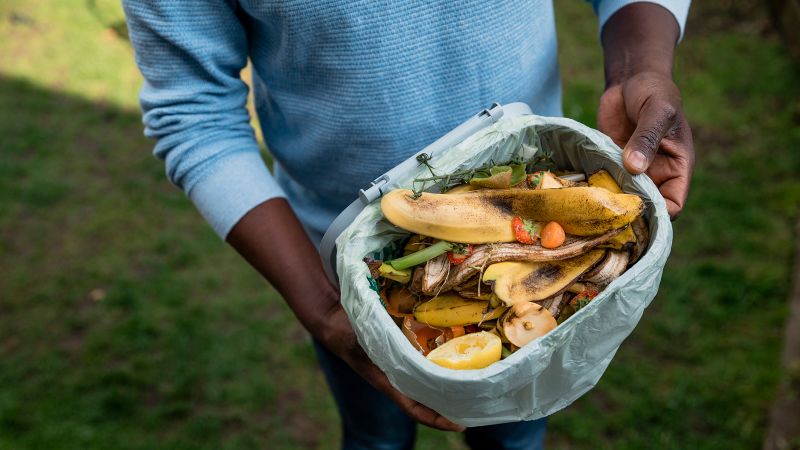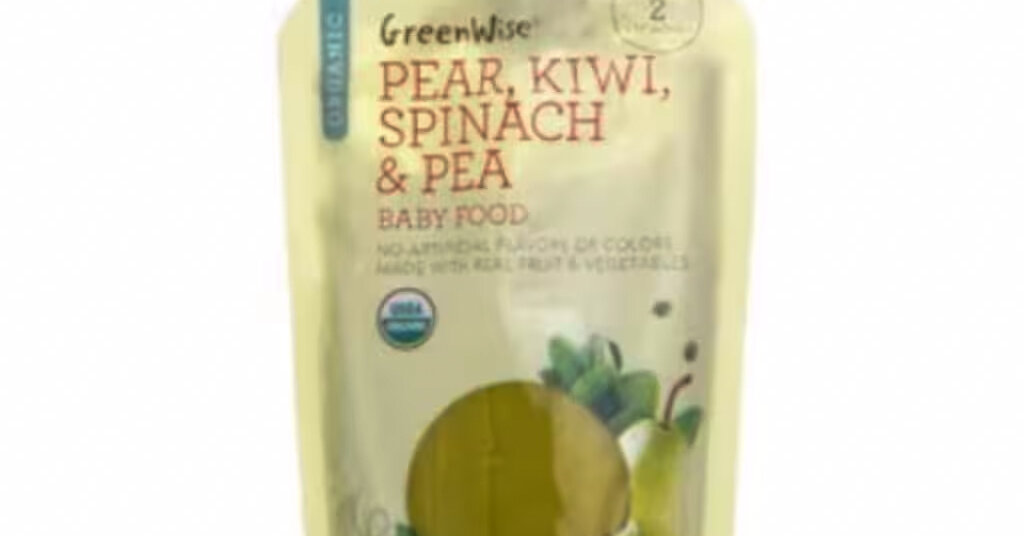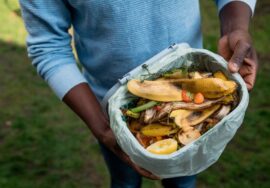Composting is an easy way to reduce food waste. Here's how to do it

With landfills reaching critical mass and the damaging effects of methane gas on the environment becoming increasingly clear, it’s more important than ever to reduce our food waste. Composting is a simple and efficient way to do this, transforming kitchen scraps into nutrient-rich soil.
Composting is an organic process that converts food waste and other organic material into a nutrient-rich soil conditioner. It is an easy and effective way to reduce the amount of waste that ends up in our landfills, while also creating a valuable resource for gardeners and farmers.
The process of composting is straightforward, but understanding the basics can help to ensure that you’re doing it correctly. The first step is to collect your food scraps. These can include fruit and vegetable peels, coffee grounds, tea bags, eggshells, and even yard waste like leaves and grass clippings.
Avoid composting meats, dairy products, and oils, as these can attract pests and create unpleasant odors. Additionally, diseased plants and weeds should not be composted as they can spread diseases and weeds in your garden.
Once you’ve collected your scraps, it’s time to create your compost pile or bin. This can be as simple or as complex as you want it to be. You can purchase a ready-made compost bin, or you can create your own using wire mesh or wooden pallets. The key is to ensure that your compost pile has plenty of air circulation and is exposed to the elements.
Composting is a process of layering materials. You will need a mix of green materials (like food scraps and fresh grass clippings), which provide nitrogen, and brown materials (like dried leaves, straw, or shredded newspaper), which provide carbon. A good rule of thumb is to aim for a ratio of two parts brown to one part green.
Once you’ve added your materials, it’s time to turn your compost pile. This is an essential step, as it helps to speed up the decomposition process and prevents your compost pile from developing an unpleasant odor. You should aim to turn your compost pile once a week using a garden fork or shovel.
Over time, your compost pile will start to heat up. This is a good sign, as it indicates that the decomposition process is underway. The compost is ready when it has a dark, rich color and a pleasant, earthy smell. This process can take anywhere from two months to a year, depending on the size of your compost pile and the materials you’ve added.
Composting is not just beneficial for reducing food waste and creating nutrient-rich soil. It also has a positive impact on the environment. Composting reduces the amount of methane, a potent greenhouse gas, produced in landfills. It also helps to enrich the soil, reducing the need for chemical fertilizers and helping plants to resist diseases and pests.
Starting a compost pile can seem like a daunting task, but once you get the hang of it, it can become a simple and rewarding part of your routine. It’s an easy way to make a positive impact on the environment and create a valuable resource for your garden.
With the growing awareness about the need for sustainable practices, composting is gaining popularity. Whether you’re a seasoned gardener or just looking to reduce your environmental footprint, composting is a simple and effective way to make a difference.
In conclusion, composting is an easy, cost-effective, and environmentally friendly way to reduce food waste. It is a process that transforms waste into a valuable resource, and with a little bit of effort, everyone can contribute to a more sustainable future. So, start composting today and help make a difference.


